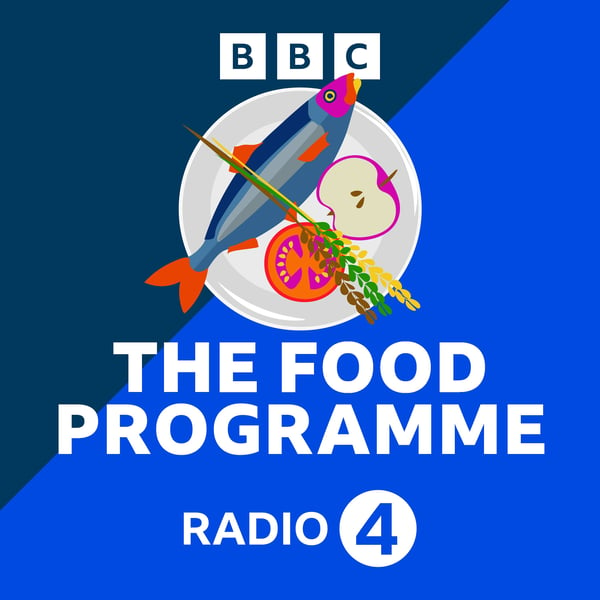Pavlov to Plant Breeding: Food Prizes that Changed the World.
The Food Programme
BBC
4.4 • 943 Ratings
🗓️ 4 June 2023
⏱️ 29 minutes
🧾️ Download transcript
Summary
From Nobel winners to great innovators, Dan Saladino explores the history of prize-winning food ideas that changed the world, including researchers who uncovered the secrets of our stomachs to the plant breeds transforming the future of wheat.
Nominations are now open for this year's BBC Food and Farming Awards until June 19th, including Best Innovation which was created to celebrate ideas that will make food production better for us and for the planet.
For more than a century, and around the world, ground-breaking ideas linked to food have featured in awards and prizes, from Ivan Pavlov's research on our digestive system through to Norman Borlaug's efforts to increase food production with crop breeding in the 1960s. Both received a Nobel Prize.
In more recent years awards have been created to find solutions to some of the biggest challenges we face in food and farming. The former chef of the Swedish restaurant Faviken, Magnus Nilsson now oversees the Food Planet Prize, the world's biggest environmental prize. He tells Dan about previous winners who have created solutions to plastics in our oceans and the problem of abandoned fishing equipment, so called 'ghost nets' and also a project in Africa providing refrigeration to farmers which is resulting in a dramatic reduction in food waste.
Another award winner in the programme is Heidi Kuhn, founder of Roots of Peace. This year she was recognised by the US based World Food Prize for decades of work helping to clear mines from regions impacted by conflict and return the land to food production.
Produced and presented by Dan Saladino.
Transcript
Click on a timestamp to play from that location
| 0:00.0 | You're about to listen to a BBC podcast and I'd like to tell you a bit about the |
| 0:03.8 | podcast I work on. I'm Dan Clark and I commissioned factual podcasts at the BBC. |
| 0:08.6 | It's a massive area but I'd sum it up as stories to help us make sense of the forces shaping the world. |
| 0:15.3 | What podcasting does is give us the space and the time to take brilliant BBC journalism |
| 0:19.8 | and tell amazing compelling stories that really get behind the headlines. |
| 0:23.7 | And what I get really excited about is when we find a way of drawing you into a subject |
| 0:28.4 | you might not even have thought you were interested in. |
| 0:30.2 | Whether it's investigations, science, tech, politics, culture, true crime, the environment, |
| 0:36.1 | you can always discover more with a podcast on BBC Sounds. |
| 0:40.0 | Hello, it's Dan Saladino here. This edition of the Food Program really does need a response from you. |
| 0:45.8 | As part of the Food and Farming Awards, we're looking for big innovations, ideas for the future |
| 0:51.5 | that will make food better for us and the planet. |
| 0:54.7 | To help get you thinking I've looked around the world for prize winning work that's already |
| 0:59.4 | changing the world. |
| 1:01.0 | So I hope you find this edition inspirational. are killed or maimed by mines around the world. |
| 1:13.0 | That's one person every 20 minutes. |
| 1:16.0 | It's January 1997. |
| 1:18.0 | Diana, Princess of Wales, has just arrived in Angola. |
| 1:22.0 | She's about to walk through farmland devastated by |
| 1:25.8 | landmines and the world's press is looking on. It is my sincere hope that by |
| 1:32.1 | working together in the next few days we shall focus world |
| 1:36.2 | attention on this vital but until now largely neglected issue. |
... |
Please login to see the full transcript.
Disclaimer: The podcast and artwork embedded on this page are from BBC, and are the property of its owner and not affiliated with or endorsed by Tapesearch.
Generated transcripts are the property of BBC and are distributed freely under the Fair Use doctrine. Transcripts generated by Tapesearch are not guaranteed to be accurate.
Copyright © Tapesearch 2025.

